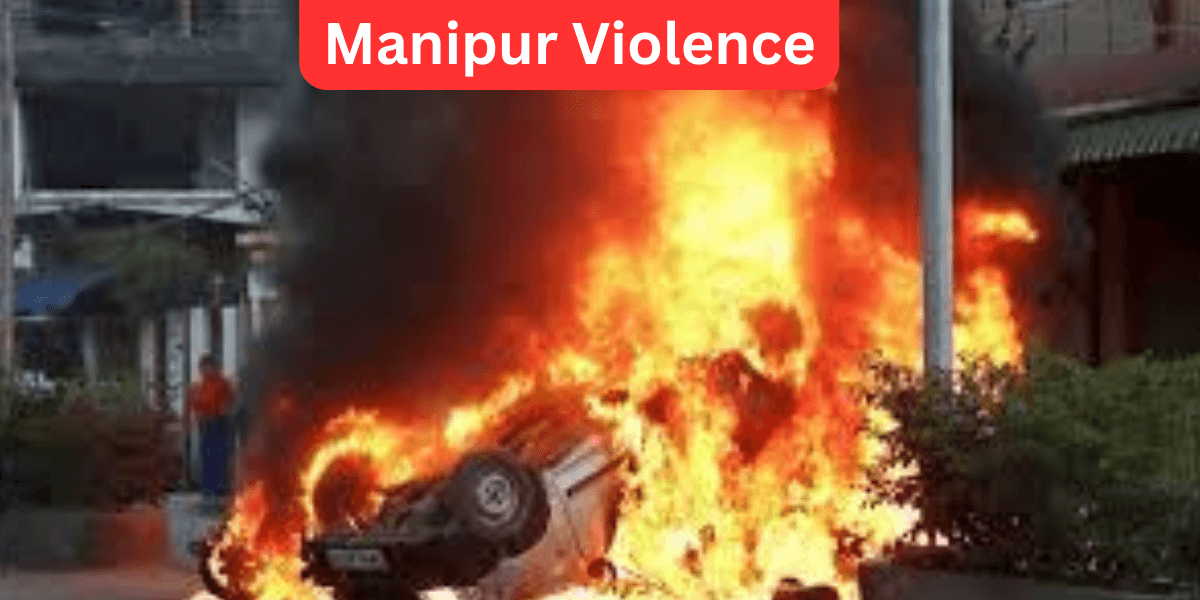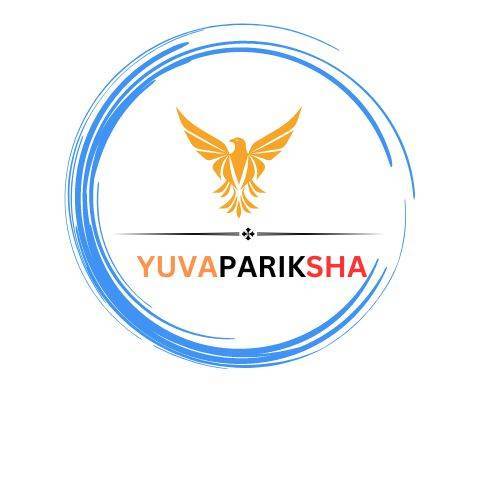The violence in Manipur has rapidly escalated over the past few days, with protests turning violent and targeted attacks on government properties. Tensions are mounting after the recovery of six bodies, which are believed to be those of missing Meitei individuals, fueling anger and unrest across the region. The situation is now being met with calls for urgent government intervention, while political leaders have raised concerns over the lack of peace efforts.
Protests Intensify After Discovery of Bodies
The crisis in Manipur took a dramatic turn on Friday night when the bodies of six missing individuals were discovered near the Manipur-Assam border. These individuals had been missing for several days, allegedly abducted by Kuki militants. The recovery of the bodies—three of which were from a river near Jiribam district—triggered violent protests in Imphal, the state capital. Demonstrators set fire to vehicles and government buildings in outrage.
The bodies, which included a 25-year-old woman, her two children, a 31-year-old woman and her daughter, and a 60-year-old woman, were believed to be among a group of Meitei people abducted by Kuki militants. The discovery of these bodies added to the already volatile situation in the state, exacerbating tensions between the Meitei and Kuki-Zo communities.
Civil Society Groups Demand Immediate Action
Amid escalating violence, civil society groups in Manipur issued a 24-hour ultimatum to the state government, demanding swift action against the armed militant groups responsible for the violence. This ultimatum comes after **protestors attempted to breach the residence of Chief Minister N Biren Singh. On Saturday evening, angry mobs targeted the homes of multiple state ministers and MLAs, including the Chief Minister himself, in retaliation for the deaths and the government’s perceived inaction.
The ongoing unrest, including widespread attacks on government properties, has led to the imposition of curfew and the suspension of internet services to curb the spread of misinformation and violence. Security forces have been deployed to Imphal to restore order, but the situation remains volatile.
Political Leaders Call for Peaceful Resolution
Rahul Gandhi, the Leader of Opposition in the Lok Sabha, has called on Prime Minister Narendra Modi to visit Manipur to take immediate steps towards restoring peace. Gandhi took to X (formerly Twitter), expressing his concerns over the growing violence and bloodshed in the state:
“The recent string of violent clashes and continuing bloodshed in Manipur is deeply disturbing. After more than a year of division and suffering, it was the hope of every Indian that the Central and State governments would have made every effort at reconciliation. I urge the PM once again to visit Manipur and work towards restoring peace and healing in the region,” Gandhi tweeted.
Rajya Sabha MP Rajiv Shukla also expressed concern, stating that “Manipur is burning again!” He called for the government to take sincere efforts for peace by involving all stakeholders in resolving the crisis.
Violent Attacks on Government Properties
As protests turned violent, demonstrators began attacking the homes of several state ministers and MLAs, including the residence of Biren Singh. Government officials were targeted in anger over the discovery of the bodies, and several BJP properties were also ransacked and set on fire.
Protestors gathered outside the home of BJP legislator RK Imo, the son-in-law of Chief Minister Biren Singh, as part of their protest. Security forces responded with tear gas and other crowd control measures to disperse the demonstrators, but the violence continued to spread throughout the region.
The Role of Security Forces in the Conflict
The violence in Manipur has also brought attention to the role of security forces and their handling of the ongoing crisis. On November 11, security forces killed 10 men from the Hmar community, claiming they were militants. However, members of the Kuki-Zo community argue that these individuals were village volunteers, not militants, adding further fuel to the flames of the conflict.
The Central Government and State Government have both been criticized for their handling of the situation. While the Meitei community demands action against Kuki militants, the Kuki-Zo community insists on their right to self-defense amid accusations of ethnic violence.
Calls for Reconciliation and Peace Talks
As violence continues to escalate, leaders and civil society groups have called for reconciliation between the warring communities. There have been increasing calls for dialogue and a peace process that includes all ethnic groups in the state.
Meanwhile, the Central Government is facing pressure to address the growing crisis. Security experts have warned that if the violence continues unchecked, it could lead to further instability in the northeastern region of India.
Manipur’s Struggle for Peace and Stability
The violence in Manipur is a grim reminder of the ethnic tensions that have simmered in the region for decades. The state, which has witnessed years of unrest, has seen communities divided along ethnic lines, particularly between the Meitei and Kuki-Zo groups. The discovery of the bodies of the six missing Meitei individuals has reignited these tensions, leading to widespread violence and a breakdown of law and order.
Efforts to bring peace to the region have largely been unsuccessful, despite the imposition of curfews and internet shutdowns. The Meitei community is demanding action against militant groups, while the Kuki-Zo community is calling for justice for their own victims. The Biren Singh government faces immense pressure from all sides to restore peace, but with each passing day, the situation becomes more complex and dangerous.
Conclusion: A Critical Moment for Manipur
The situation in Manipur remains tense, with violence continuing to escalate and no clear resolution in sight. As protests intensify and the state faces growing calls for intervention, the Central Government and state authorities must take urgent steps to address the concerns of all communities. Peace talks and reconciliation between the Meitei and Kuki-Zo groups are essential to end the bloodshed and bring stability to the region.
As politicians and civil society groups demand a peaceful resolution, the question remains: Can Manipur find a way to heal its wounds and restore peace before the situation deteriorates further?



